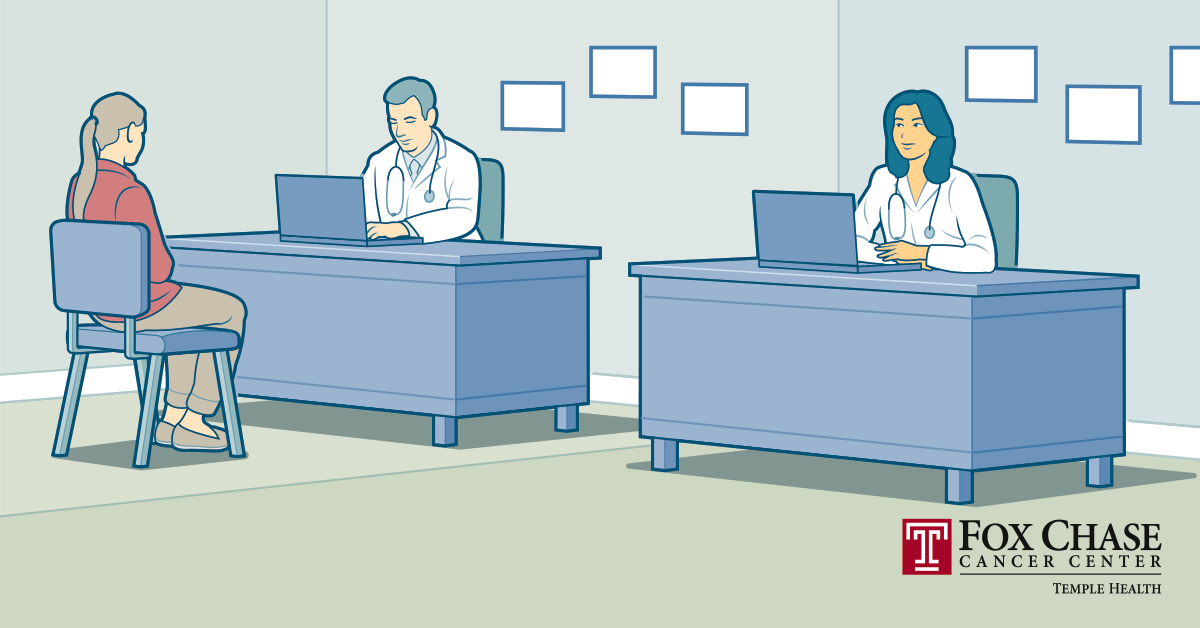
Should You Get a Second Opinion for Your Cancer Treatment?
-
Updated: February 11, 2020
Being diagnosed with cancer can be frightening and overwhelming. You want to do everything possible to set yourself up for treatment success. But it’s easy to question whether you’re doing everything right.
Getting a second medical opinion can help. Here’s a look at why consulting another cancer specialist is almost always worth it, and how you can get started.
The benefits of a second opinion
Most of us gather information from more than one source before making a big decision. It’s no different when starting treatment for cancer.
A second doctor can confirm or uncover important details about your diagnosis—including your cancer type, stage, and location. They’ll also review your treatment plan and see whether other options, like a clinical trial, might be available. This can be especially valuable when you’re dealing with a rare type of cancer.
It’s understandable to want to begin treatment as soon as possible. Still, there’s almost always time to have another expert weigh in. Even in very urgent cases, you may be able to get a second opinion in as little as 24 hours.
Talking with your doctor
Some patients worry that wanting another opinion will upset their doctor. Rest assured that this won’t be the case. “Most doctors are going to be very supportive of it,” said Efrat Dotan, MD, a medical oncologist at Fox Chase Cancer Center.
So, don’t be afraid to bring up the idea of a second opinion with your doctor. If you’re unsure how to open the conversation, try something like: “Before we start treatment, I’d like to get a second opinion. Will you help me do that?”
How to get a second opinion
The best time to seek a second opinion is before starting treatment. “If there’s a clinical trial, you may not be eligible to participate if you’ve already started another treatment course,” Dotan explained.
It’s a good idea to get your second opinion at an NCI-designated Comprehensive Cancer Center, such as Fox Chase. These centers will have specialists with experience treating your specific cancer type. You can ask your doctor for recommendations on who to see or research local or regional options on your own. Whatever route you choose, confirm that the specialist is covered by your insurance policy before moving forward.
When making your appointment, ask for a specific list of information that you should bring to the consultation. The second opinion doctor will need to know all the details about your diagnosis and your current recommended treatment plan. Fox Chase has nurse navigators who will walk you through this process and ensure you have everything you need ready to make the most out of this appointment.
Moving forward with your treatment
Your next step will depend on what the second doctor has to say about your case.
- If both doctors’ opinions match up, you can continue on with peace of mind knowing that the initial course of treatment suggested is the right one.
- If the opinions are different, ask the doctors to discuss your case with each other. Having a conversation can help them figure out what might have been missed the first time around—and decide on the best course for you. “In the end, we all want what’s best for the patient,” Dotan said.
Want to get a second opinion at Fox Chase? Request an appointment online, or call 888-369-2427.
